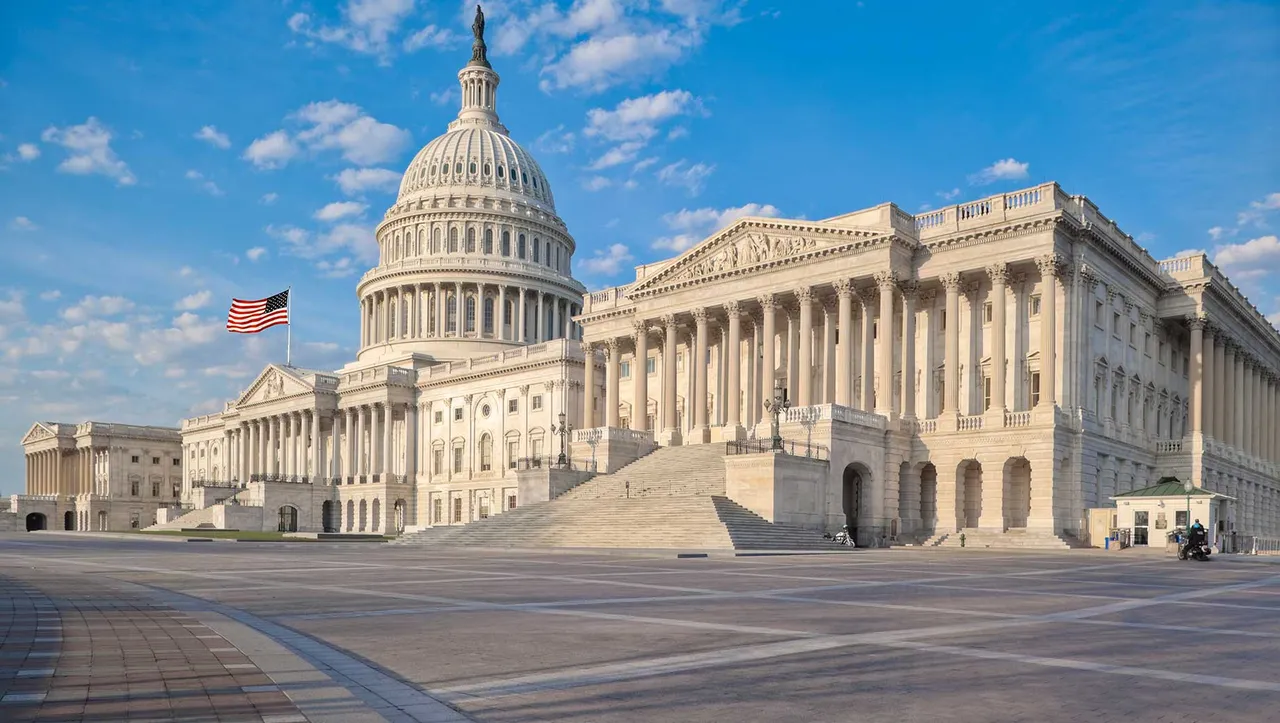Role of Government
Introduction
Government is a concept that many people simply choose to ignore on a day-to-day basis. It’s either too boring or too complicated or irrelevant for most people to get invested in. A lot of times thinking about government makes people feel powerless because it is so difficult for a single person to make a change. What does a government do? Well, they make laws that keep society from crumbling and enforce them through “justice”. It sounds simple enough, but once you begin to understand that laws cast wide effects and are created by those who want to remain in power, you quickly get to the crux of French economist, Frederic Bastiat’s argument that law has overstepped its bounds and should be impartial and uninvolved.
The Purpose of Law
There is a stark difference between what the law should be, and what the law has become. The impetus for creating law or establishing a government is to provide a collective body that protects its subjects from harm and injustice. Under that pretense, government would remain uninvolved in industry, education, religion, private affairs, and so much more; yet this is not the case. In every country, on every continent, governmental authority is used as a tool to command and corrupt because the power bestowed upon these officials becomes too appealing to not take advantage of. In Frederic Bastiat’s, “The Law” (2011), he states:
“The law, I say, not only diverted from its proper direction, but made to pursue one entirely contrary! The law become the tool of every kind of avarice, instead of being its check! The law guilty of that very iniquity which it was its mission to punish!” (p. 49).
This quote is found at the very beginning of his essay and sets a profound tone that Bastiat spends the rest of his time arguing. It is especially frustrating that not only is the law not doing its job of maintaining justice, but it is a major source of injustice in society; the very thing it was created to destroy.
Cycle of Legalized Plunder
In “The Law”, Bastiat writes extensively about this idea of legalized plunder: essentially the ability for a state to take from its people under the guise of legality (2011, pp. 49-94). This form of legal plunder is actually the most dangerous because it can quickly become socially acceptable. Once a population is not up in arms about crimes being committed against them, then the government has seized all of the power. After some duration of taxation (the most prevalent form of legal plunder), a group of individuals who want to liberate their people from these legalized atrocities will rebel and take over. However, once in power, these individuals will begin to realize that in order to provide the programs that they have promised, they will have to tax their constituents. This cycle will continue under this model of government where the state has to have its hand in every minute dealing. In his short essay “Government”, Frederic Bastiat sums up this idea with, “Government is that great fiction, through which everybody endeavors to live at the expense of everybody else.” (p. 99). The very essence of government is the idea that it can run on the backs of the individuals who make up the land they govern, while imposing laws that restrict them, which seems to be a contradiction. The law instead should be for the people, by the people, and should have considerably less power to meddle in private dealings.
Law as an Impartial Being
Government interference runs so rampant that it has become normal. From state-run education, to healthcare programs, to taxation, and so much more, the state often takes a partial stance on such subjective topics. In his satirical essay, “Petition of the Candlemakers” (2011), Bastiat addresses legal plunder in the form of tariffs, stating:
“Make your choice, but be logical; for as long as you exclude, as you do, coal, iron, corn, foreign fabrics, in proportion as their price approximates to zero, what inconsistency it would be to admit the light of the sun, the price of which is already at zero during the entire day!” (p. 231-232).
Of course it would be silly to disallow the use of natural light, but Bastiat’s point stands. To place tariffs upon or to disallow entirely the importation of foreign products is to hurt the consumer and waste resources. The goods that go in to producing candles and lamps can be repurposed for something else because there is a cheaper alternative. Allowing competition stimulates economic growth through necessary innovation. When the government steps in to help or be “philanthropic”, the consequences of these actions often are swept under the rug. If the government instead was impartial and left citizens alone to deal with whoever they pleased, so long as they were doing no harm to others, then society would eventually develop ways to help the less fortunate. The idea that the government is the only entity that can be philanthropic is a narrow sighted and cynical one. A truly free people would be released from the burden of legal plunder and would have the right to do and say as they please, with the law in place strictly to punish objective injustice.
References
Bastiat Frédéric. (2011). Petition of the Manufacturers of Candles, Waxlights, Lamps, Candlelights, Street Lamps, Snuffers, Extinguishers, and the Producers of Oil, Tallow, Resin, Alcohol, and, Generally, of Everything Connected with Lighting. In The bastiat collection (pp. 227–232). essay, Ludwig von Mises Institute.
Bastiat Frédéric. (2011). Government. In The bastiat collection (pp. 95–107). essay, Ludwig von Mises Institute.
Bastiat Frédéric. (2011). The Law. In The bastiat collection (pp. 49–94). essay, Ludwig von Mises Institute.
